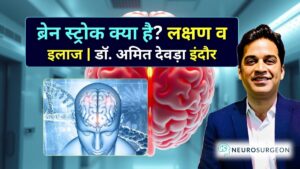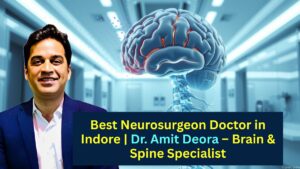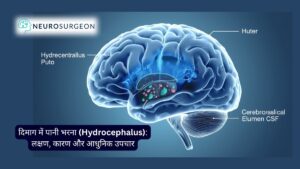You may wonder what triggers those electrical disturbances in the brain that cause epileptic seizures. The truth is that there are many possible causes of epilepsy. In this guide, we go into various causes of epilepsy and their potential impacts on individuals.
Table of Contents
ToggleWhat Cause Seizures?
A seizure is like a sudden electrical storm in your brain. It happens when there’s a big burst of electricity between the brain cells, which can spread to nearby areas, creating a kind of uncontrolled electrical storm. This can cause your muscles to twitch, shake, stiff, or floppy.
Seizures can also mess with your behaviour, like the things you do or how you feel; they might even make you feel a bit out of it. You’ve probably heard of seizures before because People often link them together to a condition called epilepsy.
But remember, seizures can happen for different reasons, not just epilepsy. It’s like your brain having a temporary glitch, which can affect people in various ways.
For Neurological Problems, You Contact Dr. Amit Deora, the Best Neurosurgeon Doctor in Indore.
What Is Epilepsy?
Not everyone with a seizure has epilepsy, but epilepsy is a condition where seizures happen repeatedly for no apparent reason. It’s the fourth most common neurological disorder globally, affecting about 65 million people.
Epilepsy can affect anyone, regardless of age, gender, or race. The way seizures show up can be very different from one person to another.
Types Of Seizure
Two main types of seizures can occur with epilepsy: focal and generalized.
Focal Seizures
One region of the brain is where focal seizures start. They were previously known as partial seizures. Focal seizures can be characterized by repetitive movements known as automatisms, such as lip smacking, picking at clothes, fumbling, and wandering.
Generalized Seizures
Both sides of the brain are involved in generalized seizures. And cause a loss of consciousness or awareness. The most common types are tonic-clonic seizures or grand mal seizures. These cause stiffening of limbs (tonic) followed by jerking (clonic) movements. Petit mal seizures, commonly called absence seizures, cause a brief loss of awareness. Myoclonic seizures cause sudden jerks of limbs. Atonic seizures lead to a loss of muscle tone, causing drop attacks.
If you experience any symptoms of focal or generalized seizures, consult with the Best Neurosurgeon Doctor in Indore for an accurate diagnosis and recommended treatment plan.
What Causes Epilepsy?
- Epilepsy can have several possible causes, including genetic factors. If you have a family member with epilepsy, you are more prone to developing the disorder yourself.
- Specific genes have been linked to epilepsy, and Best Neurosurgeon Doctor in Indore believe genetics may play a role in up to 50% of epilepsy cases.
- Head or brain damage from trauma, stroke, or tumour can also lead to epilepsy. Head injuries that cause bleeding in the brain (hemorrhage) or scarring (gliosis) may disrupt regular brain activity and trigger seizures.
- Strokes, which cut off oxygen to parts of the brain, can also cause brain damage, resulting in epilepsy. Brain tumours, whether benign or cancerous, may push on normal brain tissue, igniting seizures.
- Infectious diseases like meningitis, encephalitis, and neurocysticercosis (tapeworm infection of the brain) can lead to epilepsy. These conditions cause inflammation and brain tissue damage that may obvious as seizures.
- Developmental disorders can sometimes interfere with normal brain development in utero or during infancy, leading to epilepsy. These include cerebral palsy, autism, intellectual disability, and other developmental delays.
- For some patients, the underlying cause of their epilepsy remains unknown. When testing does not reveal a clear cause, it is diagnosed as idiopathic epilepsy. Ongoing research continues to uncover new genetic links and other factors that may eventually explain more of these unknown or idiopathic cases.
Conclusion
As you have learned, epilepsy can stem from a variety of causes. Whether due to head injuries, strokes, brain tumours, infections, or genetic disorders, epilepsy is a complex neurological condition requiring specialist’s diagnosis and management.
The good news is that for many people with epilepsy, symptoms can be controlled with proper treatment and care. By understanding the underlying causes of your epilepsy and working closely with the Best Neurosurgeon Doctor in Indore, you can develop an effective treatment plan, avoid triggers, and live a life with minimal disruption.


















